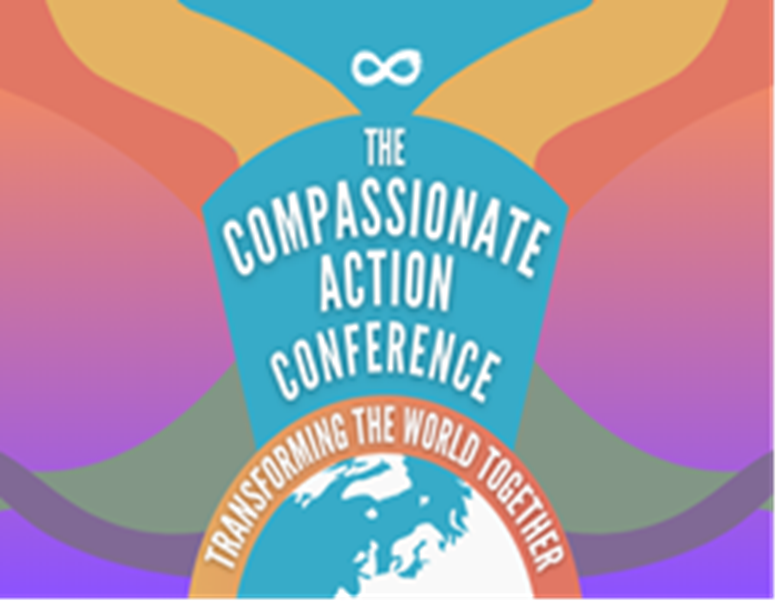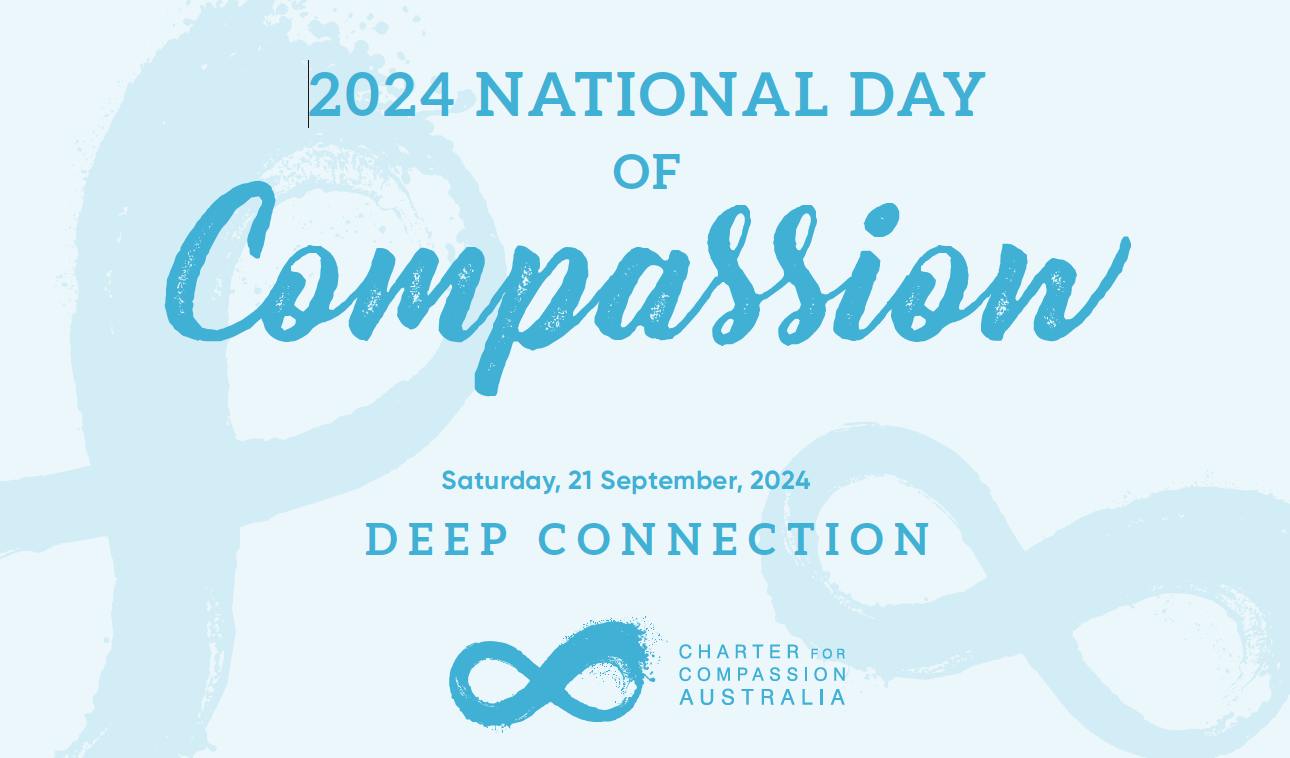The Origins of Tenderness, Trust, and Morality An Evolutionary Perspective
In a world where conflict is more and more evident in our organisations, societies and between people - as sadly evidenced by the recent increase in physicals attacks on healthcare workers and school principals by patients and
parents - where can we look for more kind and compassionate ways of responding?
As an archaeologist, Prof Penny Spikins offers a unique perspective on our capacity to care about the wellbeing of others, whether they are close family or strangers. She contends that compassion lies at the heart of what makes us human. Simple acts of kindness left to us from millions of years ago provide evidence for how social emotions and morality evolved, and how our capacity to reach out beyond ourselves into the lives of others allowed us to work together for a common good and form the basis for human success.'
RESCHEDULING WEBINAR
The Origins of Tenderness, Trust, and Morality: An Evolutionary Perspective – 2 May 2023
Prof Penny Spikins was to take part in a webinar on Tuesday 2 May at 4.30pm, but unfortunately Penny is unable to present due to health reasons. She will reschedule at a time when she is fully recovered. We look forward to Penny speaking in the future, and in the meantime you might like to review a talk that Penny gave last year at Oxford University entitled How Who We Are Affects How We Rebuild, where she discusses compassion and evolution -
https://www.youtube.com/watch?v=pQgLjrJskPE (from 4mins in)
The Presenter
Penny Spikins is a Professor of the Archaeology of Human Origins, at York University, UK and has been fascinated by human origins after visiting Upper Palaeolithic cave art sites when she was eleven. Her first PhD was from Cambridge, and she has been a senior lecturer and a Professor at the University of York since 2012.



